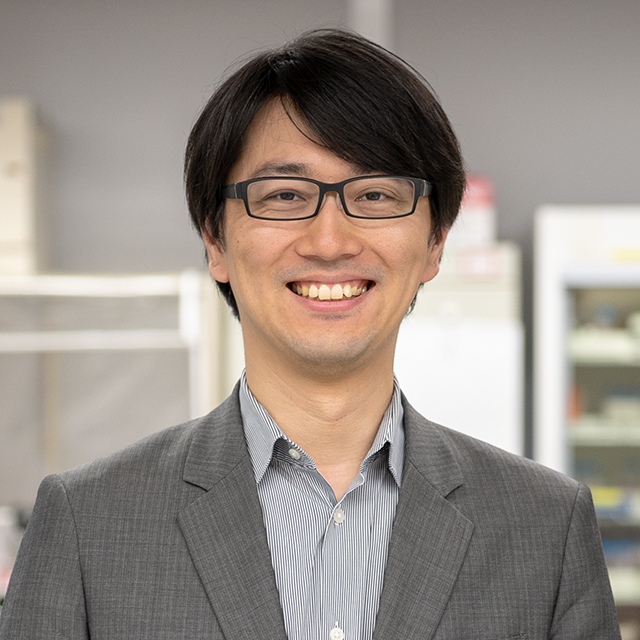MEMBERS
-
 Yoshiho Ikeuchi Professor
Yoshiho Ikeuchi Professor- 03-5452-6330
-
 Siu Yu Chow Research Associate
Siu Yu Chow Research Associate- 03-5452-6332
Recent Publications
Research
"Would neural circuits generated outside the body function like the brain?" By challenging this question, we aim to understand the mechanisms of the brain. We have developed methods to mimic inter-regional connections in vitro, since "connections" between brain regions are critical for the brain function. By combining molecular biology, biochemistry, and electrophysiology, we aim to understand the universal principles of brain function at the molecular, cellular, tissue, and functional levels.
Creating brain-like neural tissue outside the body :
Research on artificial brain-like tissues (brain organoids) generated from stem cells is rapidly developing as a new approach in neuroscience. If artificially created neural tissue can have functions, it will deepen our understanding of how the brain works and will become a driving force for the creation of AI that surpasses the brain. We will also be able to investigate how abnormalities in neural circuits cause brain diseases such as mental disorders. Our laboratory has developed a unique method to create connectoids, which are neural circuit tissues made of brain organoids connected together, focusing on the importance of connections between regions in the brain for brain function. Connectoids are active and complex, and respond to external stimuli. Our goal is to build an efficient system for training neural tissue, and eventually to make neural tissue spontaneously possess higher-order functions that can be called intelligence.
Understanding the regulation of protein synthesis in neurons :
Neurons respond flexibly produce new proteins in response to activity. Precise and quantitative control of protein synthesis (translation) is one of the key mechanisms of what makes a neuron neural. To understand this mechanism, we are studying the translational control of brain organoids. Artificial neural tissue has several advantages over in vivo tissues, such as strict and precise control and the ability to obtain samples with high purity of target cells. We can also analyze translation control in axons of organoids. After clarifying the translation control in artificial neural tissue, we will confirm the mechanism and function in vivo to deepen our understanding.
